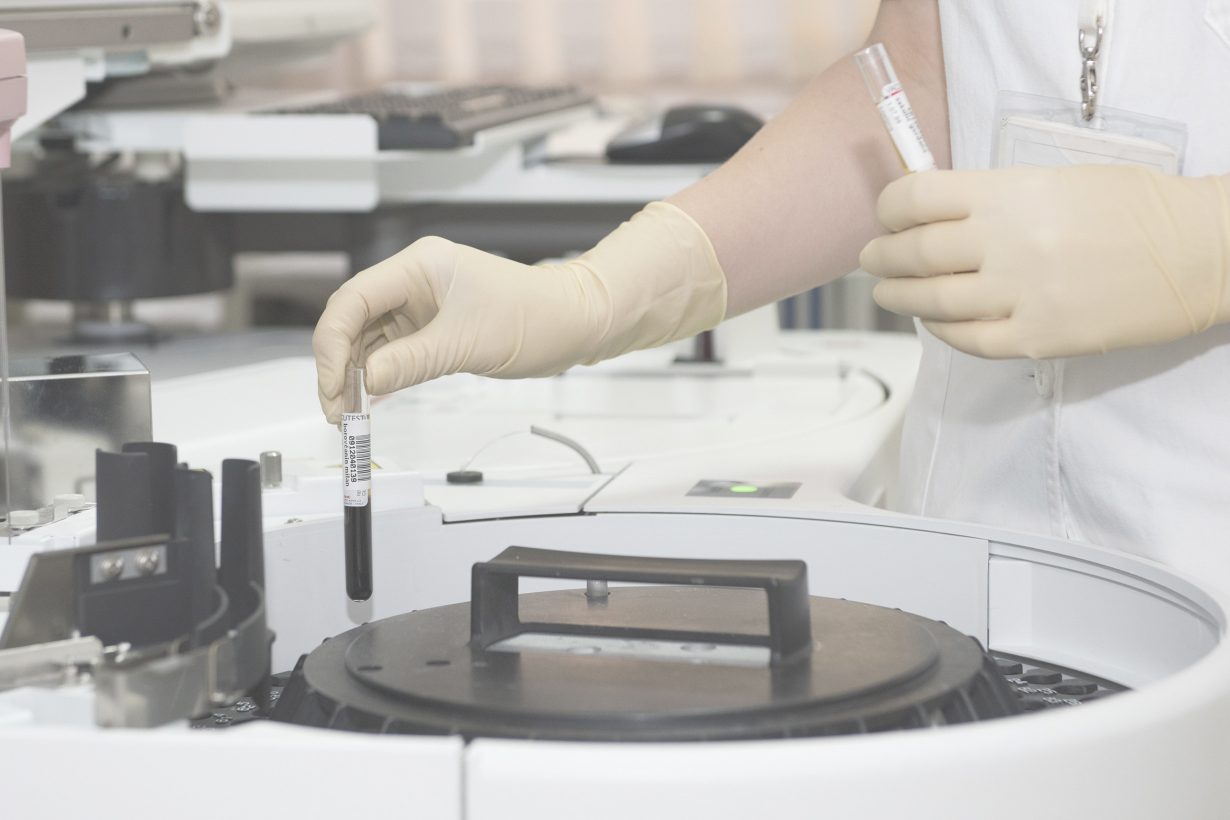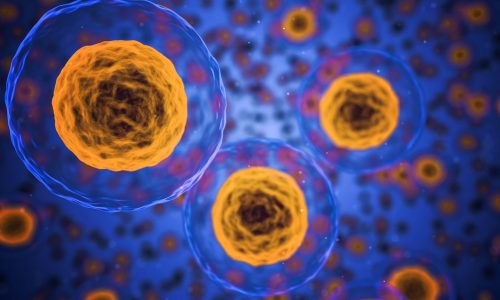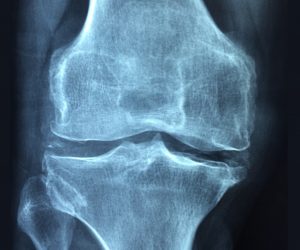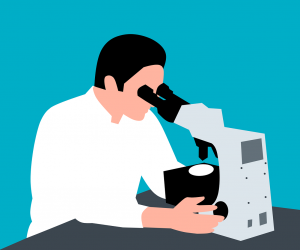
Breast Cancer Could Soon Be Detected Early Using a Blood Test
Dr. Ananya Mandal, MD via News Medical-Net – Researchers have found that breast cancer may be successfully detected up to five years before any symptoms appear using a blood test. The results of this land mark study which could mean diagnosis of breast cancer early and treating it more effectively, were presented at the 2019 NCRI Cancer Conference Sunday (3rd November 2019).
The team of researchers have found that the body typically mounts an immune response to the oncoming cancer before the clinical signs are detectable. These immune responses could be determined using the blood test, explain the researchers. Researchers at the University of Nottingham (UK) worked on the proteins that were specifically produced by the cancer cells called tumour-associated antigens (TAAs). They wrote that these antigens were specific for the cancer and led to the activation of the immune system that begins to make antibodies against the cancer. The team developed a panel of tumour-associated antigens which were typically created by the breast cancer cells. Then they looked at the blood samples to see if the body had developed autoantibodies against these TAAs.
The team that is part of the Centre of Excellence for Autoimmunity in Cancer (CEAC) group at the School of Medicine, University of Nottingham, included 90 breast cancer patients in their pilot study. They took the blood samples from the patients when they were diagnosed with the cancer and then matched them with a control group of 90 women who did not have breast cancer.
Then they used a special screening technology called the protein microarray to rapidly look at the blood samples for presence of autoantibodies against 40 TAAs that they had identified to be associated with breast cancer. The autoantibodies were also compared with 27 TAAs that were not associated with breast cancer to rule out bias or confounders.
Ms. Daniyah Alfattani, a PhD student in the group, who presented the study results at the NCRI Conference, said in a statement, “The results of our study showed that breast cancer does induce autoantibodies against panels of specific tumour-associated antigens. We were able to detect cancer with reasonable accuracy by identifying these autoantibodies in the blood.”
For this study the team identified and created three panels of TAAs against which they would test the autoantibodies. When they had more number of TAAs in a panel, they found that the accuracy of the test improved. They used a panel of five TAAs and breast cancer could be successfully detected in only 29 percent of the samples from the cancer patients. Using this panel 84 percent could be declared cancer-free among the control group. Another panel had seven TAAs and was successful in breast cancer detection in 35 percent cases and certified 79 percent controls as cancer-free. The third panel with nine TAAs could identify 37 percent of the cancers among the breast cancer patients and declared 79 percent cancer-free among the controls.
Ms Alfattani added that this was a pilot test and more needed to be done. She said, “We need to develop and further validate this test. However, these results are encouraging and indicate that it’s possible to detect a signal for early breast cancer. Once we have improved the accuracy of the test, then it opens the possibility of using a simple blood test to improve early detection of the disease.”
As a next step the team has now recruited 800 patients with breast cancer and autoantibodies from their samples are being tested against a panel of nine TAAs. Ms Alfattani said, “A blood test for early breast cancer detection would be cost effective, which would be of particular value in low and middle income countries. It would also be an easier screening method to implement compared to current methods, such as mammography.” If this works, the team believes that within next half a decade, the test might be available at clinics for screening women from breast cancer.
According to Ms Alfattani, “A blood test capable of detecting any of these cancers at an early stage is the over-riding objective of our work.”
Dr Iain Frame, CEO of NCRI, in his statement said, “Early diagnosis using simple, non-invasive ways of detecting the first signs of cancer is a key strategic priority for NCRI and something we’d all like to see working in practice. The results from this pilot study for a blood test to detect early breast cancer are promising and build on this research group’s expertise in other cancers, such as lung cancer. It’s obviously early days but we look forward to seeing the results from the larger group of patients that are now being investigated.”
Dr Kotryna Temcinaite, from charity Breast Cancer Now, said, “It’s really promising that a simple blood test could in future help clinicians detect autoantibodies that may arise before breast tumours develop. While these are early findings, it’s exciting that testing for these autoantibodies could potentially help detect breast cancer earlier or identify women who may benefit from being monitored more closely.”
Another team is also working on detecting early lung cancer among 12,000 Scottish smokers who are at risk of developing lung cancer because. They are using a test called the ELISA (Early CDT-Lung) looking for autoantibodies and a CT scan of the chest every couple of years to check for onset of cancer. Similar work is also being done with colorectal cancers, liver cancers and pancreatic cancers. The latter is particularly difficult to detect early and when detected usually has a poor prognosis.
To read the original article click here.






